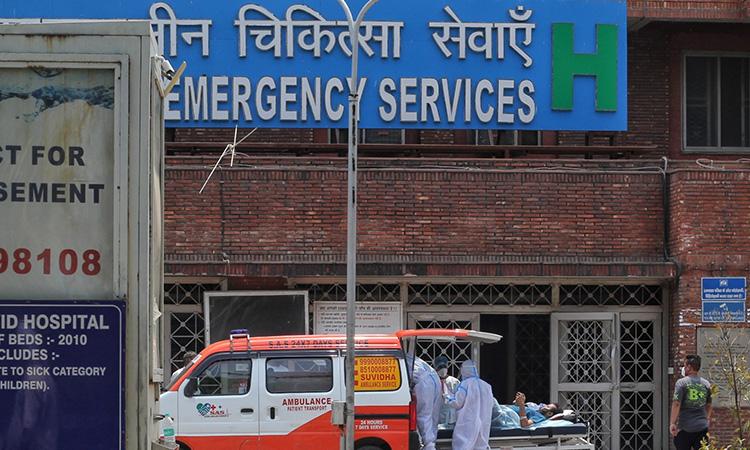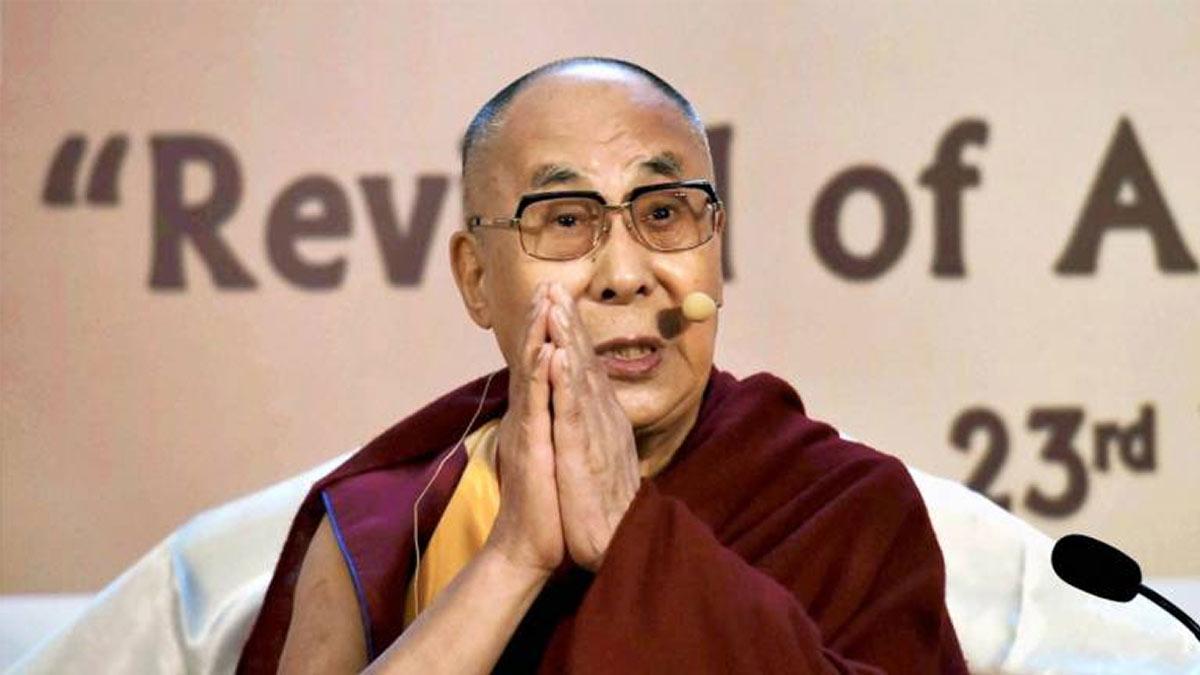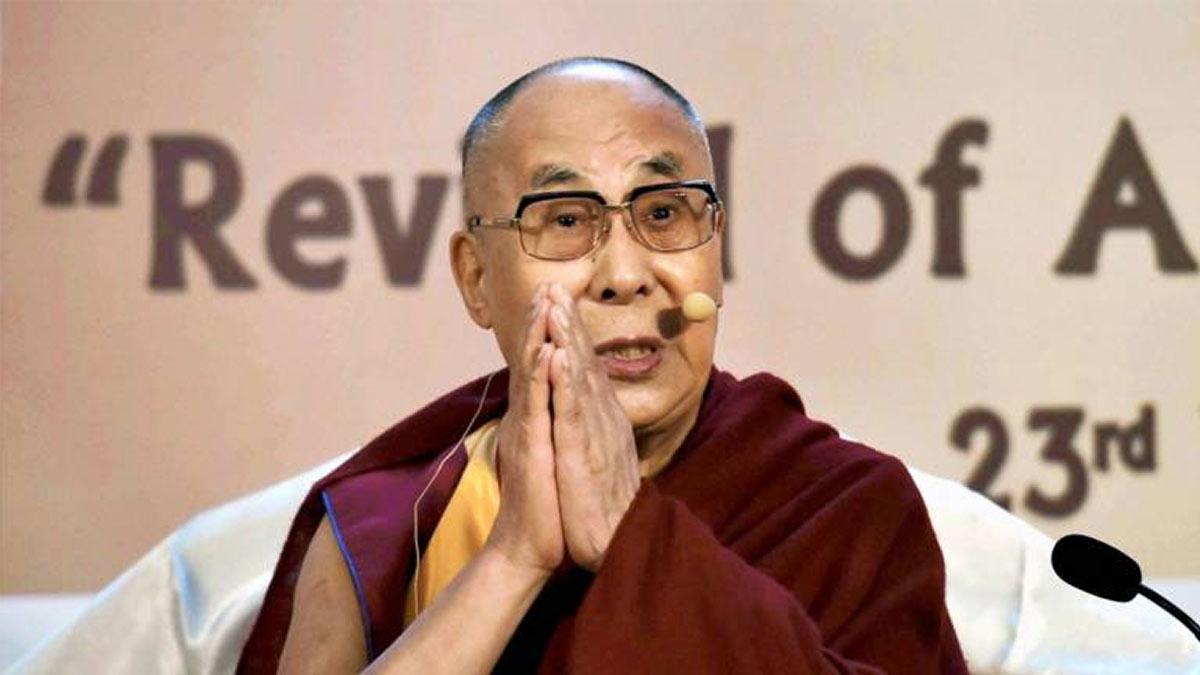Delhi government-run Lok Nayak Jai Prakash Hospital has been designated to treat patients testing positive for the new Covid-19 variant Omicron.
The hospital has been asked to earmark wards for isolating and treating such patients.
In an order, the Health Department has directed the hospital not to deny admission to patients infected with the new variant on any ground.
"The Union Health Ministry had Sunday (November 28) issued new guidelines for international travellers for reporting of Omicron, which has been classified as a 'variant of concern' by the World Health Organization (WHO)," the order read.
Also Read | India logs 6,990 Covid cases, less than 10k for fourth straight day
As per the guidelines, a separate isolation unit has to be set up for the patients indicating the presence of Omicron.
"Accordingly, Lok Nayak Hospital is hereby designated as the dedicated hospital which will treat the patients detected with the new variant of SARS-CoV-2. Lok Nayak Hospital will designate one or more separate wards (as per need) for isolating and treating such patients," it added further.
Also Read | Shashi Tharoor offers apology after Twitter backlash on selfie with women MPs
The World Health Organisation has said that the overall global risk related to the new Covid Variant of Concern Omicron is assessed as very high. The global health body said that Omicron is a highly divergent variant with a high number of mutations, including 26-32 in the spike, some of which are concerning and may be associated with immune escape potential and higher transmissibility. However, there are still considerable uncertainties, added the global health body.


















